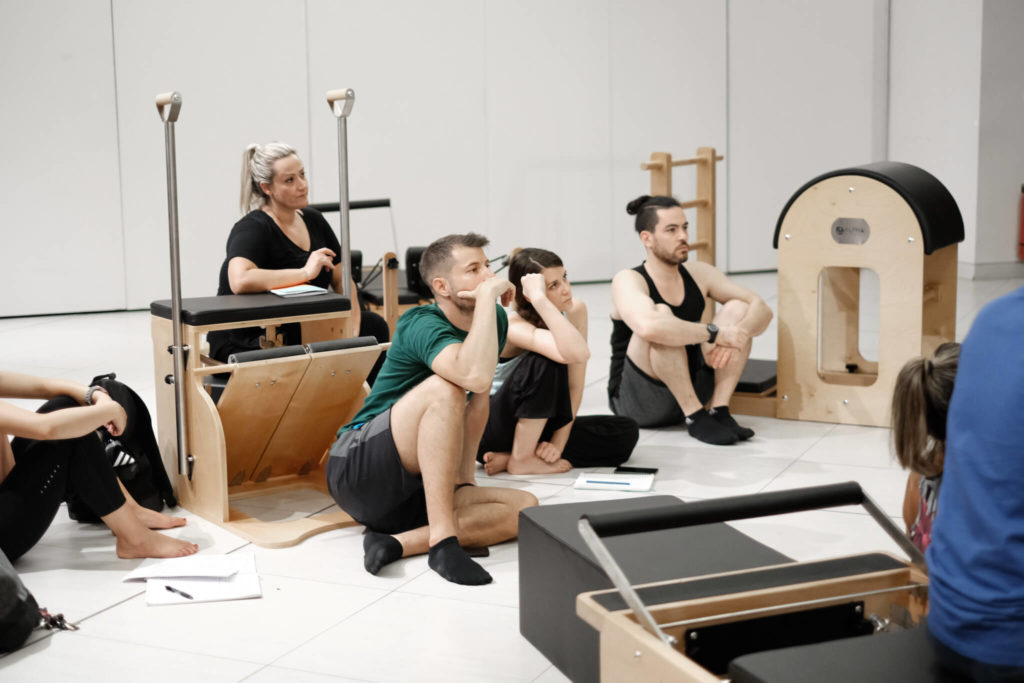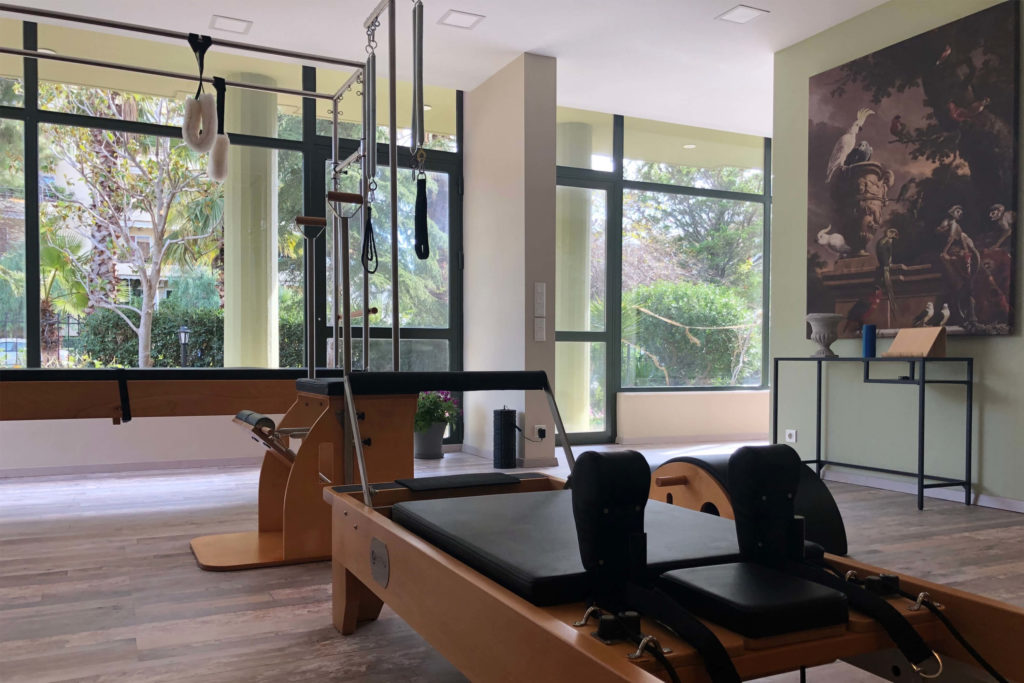Our Code of Practice
Our Code of Practice
This Code of Practice governs a teacher’s membership of the Register of Pilates Teachers, as drawn up by, and published on the website of, The Society for the Pilates Method (SPM). This Code complements any Code of Practice drawn up by a teacher’s parent body and must be adhered to for a teacher to remain on the above Register.
All members of the Register of Pilates Teachers recognise that this Code of Practice represents a minimum standard regarding a teacher’s professional conduct.
In agreeing to work to this Code of Practice, teachers recognise their role as an ambassador and advocate for the Pilates Method and, in so doing, will:
recognise the importance of self-practice and embodiment of the work in their development as a Pilates teacher.
ensure that their clients are taught in a safe, supportive and non-judgemental environment.
assess all clients upon enrolment and adapt exercises as appropriate for the age, experience and physical condition of the client.
ensure that clients can work safely and that classes are taught responsibly, within both the limits of a teacher’s insurance and the guidelines set by their parent organisation.
exercise proper caution and due care when physically correcting a client and will gain prior consent from the client regarding ‘hands on’ corrections.
be aware of the need for regular, ongoing assessments of clients, whether verbally at the start of a class or session or on a more formal basis.
keep a register of all attendees for, and a record of exercises taught in, each class or session. Such records are to be kept for seven years.
log any accidents or injuries that occur or are reported by a client during a session. Such records are to be kept for seven years.
respect and safeguard personal information supplied by the client and will not share this information with another party without permission from the client.
treat and respect all clients and colleagues equally, regardless of ethnicity, gender, age, sexual orientation, disability, religion or political opinion.
not condone or allow to go unchallenged any form of discrimination, nor to publicly criticise or engage in demeaning descriptions of, or behaviour to, others.
maintain a professional relationship with their clients based on openness, honesty, respect, and inclusivity.
store and manage a client’s personal data in line with current GDPR (General Data Protection Regulation) requirements.
not teach beyond their competence or area/level of certification
not make disparaging or unprofessional remarks about another Pilates teacher, training
course or training provider.
hold adequate and valid insurance cover from a reputable provider, including Employers Liability cover if staff teach on their behalf.
hold a current certificate in CPR Basic Life Support/First Aid.
ensure that they carry out regular health and safety assessments, particularly with regard
to the set-up and condition of small and larger apparatus used in classes or sessions.
gain Disclosure and Barring Service (DBS) clearance if they regularly teach vulnerable adults or children of 17 years or younger on an unsupervised basis.
at no time, misrepresent their qualifications whether verbally or in writing via a website or other marketing materials.
never diagnose a condition or recommend the use of medicines or drugs unless they are a qualified medical practitioner.
respect the integrity of all third-party trade marks and intellectual property and never use these in a misleading, unauthorised or illegal manner in connection with their business
handle all enquiries in a prompt, courteous and business-like manner.
always display high standards of professionalism with regard to their appearance, their
time-keeping, the preparation of their classes, and their actions
- not, when teaching for an employer or on behalf of another teacher, seek in any way to actively recruit clients from that employer or teacher into their own classes.
undertake regular courses and workshops (Continued Professional Development) to update and expand their knowledge and skills in line with the requirements of this Register (typically three days a year).
agree to be bound, in the first instance, by the Complaints Procedure operated by their parent organisation or, when referred on, by the decision of the SPM Professional Standards Committee as a final arbiter. This Committee is chaired by an SPM Director and includes PD:Approval in their role as external advisers.
Our Complaints Procedure
- Should you have a complaint regarding a teacher who is on the SPM Register of Teachers, in the first instance please email info@thesocietyforthepilatesmethod.com
- Your complaint will be forwarded on, in complete confidence, to the teacher’s parent organisation (i.e. MK Pilates, Body Control Pilates, Pilates Foundation, Alan Herdman Pilates). They will acknowledge receipt and address the complaint in line with their existing procedure, contacting you as needed. They will work to address and resolve the complaint as quickly as possible and will, in due course, inform you of the outcome.
- Should you not be happy with the outcome, you can ask for the complaint and decision to be referred to the SPM Professional Standards Committee (see above).



